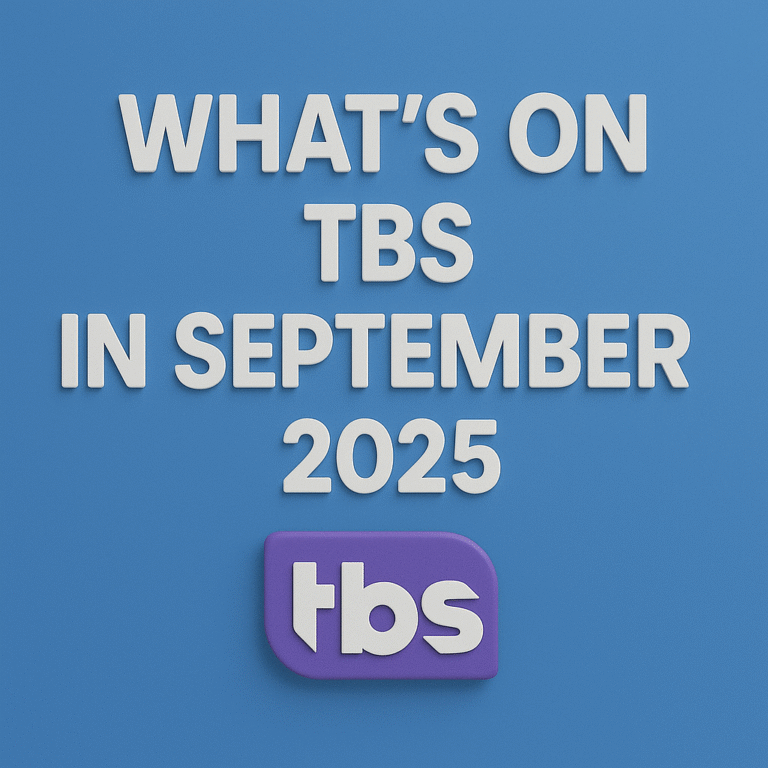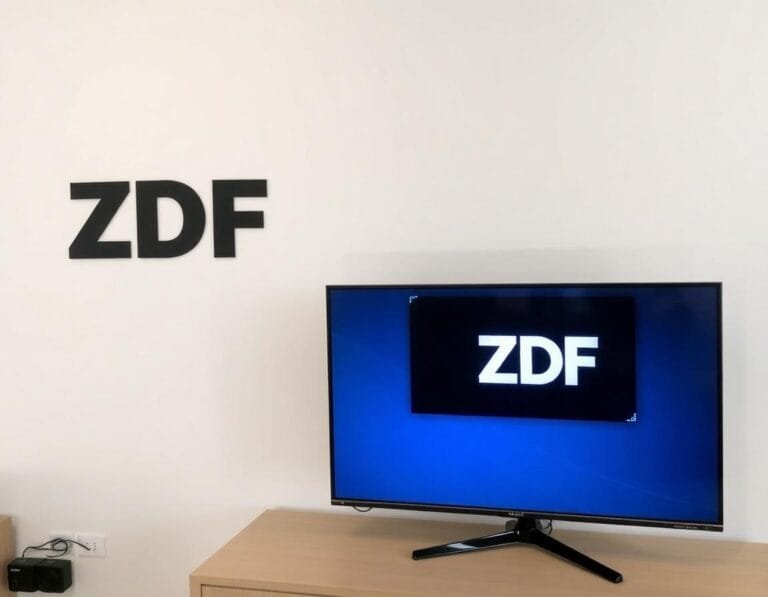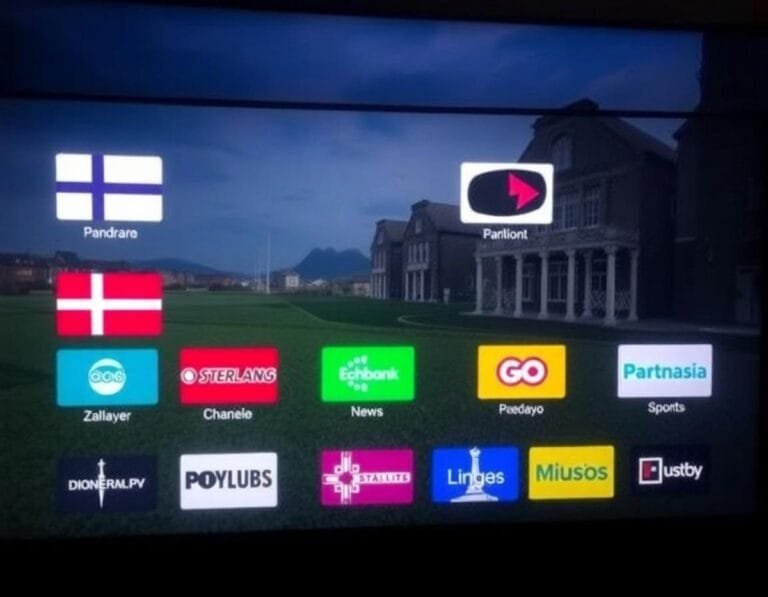Introduction to OSCam and Its Functionality
OSCam, or Open Source Conditional Access Module, serves as a powerful tool designed to manage access to encrypted content, particularly in the domains of satellite and cable television. Through its advanced capabilities, OSCam allows users to decrypt pay TV channels, thereby making a wide array of content accessible without the need for costly subscriptions. Its flexibility and adaptability make it crucial for anyone interested in maximizing their viewing options.
At its core, OSCam operates as a software-based solution that runs on a variety of devices, including Linux-based systems, Raspberry Pi, and dedicated servers. This compatibility ensures that OSCam can cater to a diverse range of hardware, enabling users to deploy it on systems they already own. Its open-source nature allows for continuous community-driven enhancements, contributing to its longevity and reliability as a solution for managing card-sharing networks.
The significance of OSCam servers lies in their ability to enhance content accessibility. By employing these servers, users can benefit from a centralized system that manages multiple connections, improving the overall performance of the decryption process. Free OSCam Europe servers, in particular, are becoming increasingly popular among users seeking cost-effective solutions for accessing encrypted channels. These servers enable individuals to connect to various sources, gaining access to a broad spectrum of programming without incurring additional costs.
As the landscape of digital content consumption evolves, understanding OSCam and its functionalities remains essential for users keen on exploring options for cable and satellite television. In the context of 2025, an examination of the availability and functionality of free OSCam Europe servers becomes increasingly relevant, providing insights into how these systems can enhance user experiences in a rapidly changing media environment.
The Landscape of Free OSCam Europe Servers in 2025
As we explore the landscape of free OSCam servers in Europe for the year 2025, it becomes evident that the availability and reliability of these servers have undergone significant changes. In recent years, there has been a noticeable rise in the number of providers offering free OSCam services, driven by advancements in technology and an increasing demand for accessible streaming options. A wide array of providers has emerged, ranging from established companies to independent enthusiasts who contribute to the community by offering their own servers.
Geographically, the coverage of free OSCam servers has expanded across Europe, with a noticeable prominence in countries such as Germany, France, and Italy, where media accessibility guidelines have supported the growth of these services. Many providers offer servers that cater to specific regional content, allowing users from different countries to circumvent geo-blocks and access a broader array of programming. These trends underline not only the technical growth but also the growing user interest in diverse content consumption.
One trend that has influenced the landscape of free OSCam servers is the regulatory environment. As governments establish stricter regulations regarding broadcasting and digital media, some free server providers have begun to adjust their services to comply with these requirements. This, coupled with a vibrant user community that actively shares feedback on server performance and reliability, has contributed to refining the quality of services available. User reviews indicate a greater satisfaction with the uptime and stability of many free servers compared to prior years, reflecting a more mature ecosystem.
Statistics from 2023 show that the number of available free OSCam servers increased by over 30% compared to the previous year, highlighting the burgeoning interest among users. This growth trajectory suggests that free OSCam servers will continue to evolve, providing diverse options for viewers across Europe seeking to enhance their digital media experience in 2025.
How to Find and Utilize Free OSCam Servers
Locating free OSCam servers across Europe can be achieved through various methods that favor an organized approach. To begin, one of the most effective resources is online forums that specialize in card sharing and satellite technology. Communities such as Open Source resources or specific OSCam forums often have dedicated sections where users share free server information. Engaging in discussions and asking for recommendations can lead to valuable insights from experienced users.
In addition to forums, social media platforms and websites that host tech-related content can also be prolific sources of information. Groups on platforms like Facebook or Reddit often present users with updated lists of available servers, alongside user reviews and performance feedback. It is crucial to ensure that these recommendations are from reputable sources to minimize the risk of unreliable servers.
Once you have identified potential free OSCam servers, the next step involves setting up your OSCam configuration. Installing OSCam on your device is the first requirement; consequently, ensuring the correct version compatible with your system is paramount. After installation, the configuration file will need adjustments to integrate the server information. Essential parameters such as server IP, ports, and user credentials must be accurately input. Be sure to save the configurations and restart OSCam for the changes to take effect.
During your setup, troubleshooting issues might arise. Common problems include connection failures or incorrect configurations. Review your settings meticulously and check forums for similar experiences. Furthermore, maintaining security and privacy while using free OSCam servers is essential. Always consider using a secure VPN to safeguard your online activity and prevent potential data exposure. This practice not only enhances privacy but can also improve connection stability by avoiding throttling from your ISP.
Future Outlook and Community Contributions
As we look towards the future of free OSCam Europe servers, it is essential to consider the evolving technological landscape and its potential impact on availability and functionality. Advancements in server technology and network infrastructure could lead to improved performance and broader accessibility for users across Europe. Additionally, the growth of streaming services and the increasing demand for diverse content may encourage developers to innovate further within the OSCam ecosystem, providing users with enhanced experiences and capabilities.
Legislation is another critical aspect that may influence the availability of free OSCam Europe servers. Changes in copyright laws and regulations regarding digital media could shape how these resources are utilized and accessed. Stakeholders in the community must stay informed about any upcoming legal developments that may affect their use of OSCam servers. Awareness of these changes will be crucial for users who wish to continue enjoying the benefits of free access to various media.
Community contributions play a vital role in the sustenance of OSCam and its free servers. Open-source projects thrive on user engagement, with forums and collaborative platforms serving as essential venues for knowledge sharing and support. This engagement not only fosters a sense of community among users but also aids in troubleshooting, enhancement of features, and the overall growth of the OSCam environment. By actively participating, users can share their experiences, contribute to discussions, and introduce innovative solutions that might propel the OSCam ecosystem into a more sustainable future.
Looking ahead to 2026 and beyond, we anticipate the emergence of new trends and technologies that could redefine the OSCam landscape. The continued support and involvement of the community will be vital in navigating these changes. By staying engaged and contributing to the development of OSCam, users can help preserve the availability of free servers and maintain a robust ecosystem dedicated to sharing diverse multimedia experiences.






